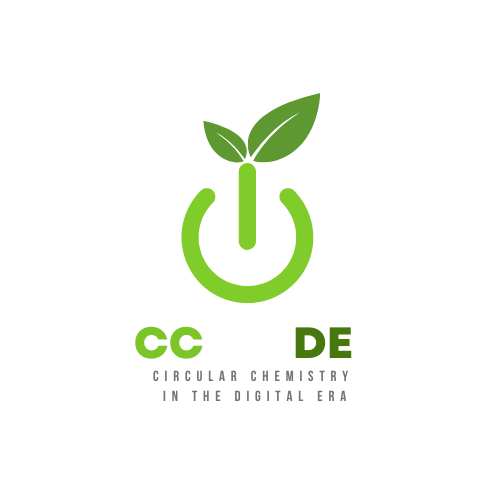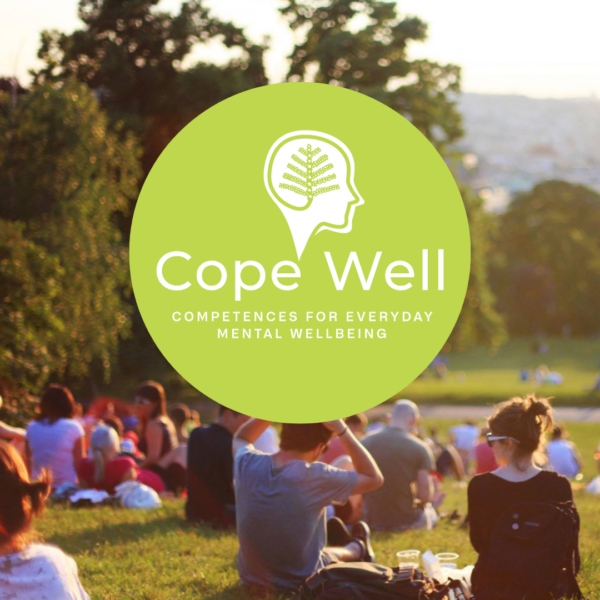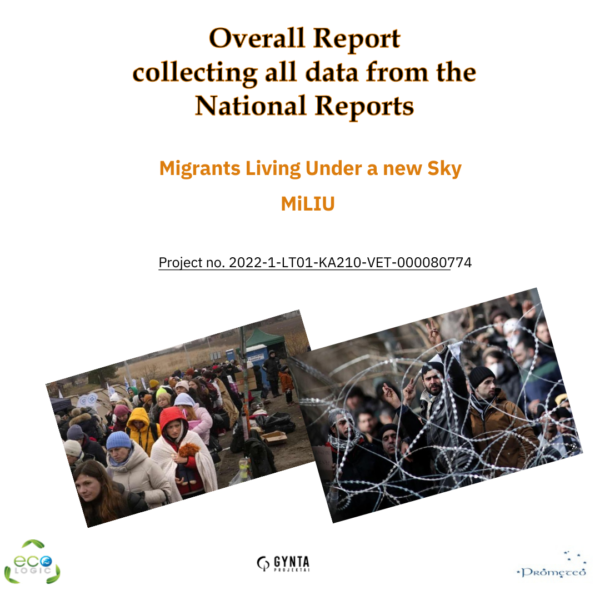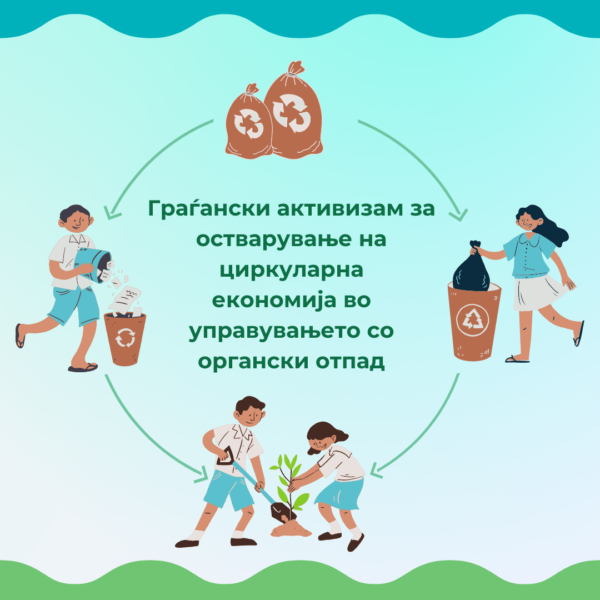Circular chemistry in the Digital Era
Project name – full Circular chemistry in the digital era
Project name – short CCDE
Timeframe November 2022 – November 2024
Donor European Commission (Erasmus+)
Cooperation partnerships in school education
Coordinator: Fundacion 2100 (Spain)
Countries in which the project is implemented: • Italy • Spain • Macedonia
Description: The concept of circular chemistry aims to replace today’s linear `take-make-dispose’ approach with circular processes. This will optimize resource efficiency across chemical value chains and enable a closed-loop, waste-free chemical industry. The concept of a circular economy is very important but at the same time so broad that it requires a lot of ideas and everyday practice, not only from individuals but ERASMUS PROJECTS also from the involvement of a large number of stakeholders. Nevertheless, positive actions can be strengthened and proven to be more effective thanks to the cooperation of indirect structures, such as schools or local associations that are privileged places for the education and training of young generations.
Objectives:-
Increase the interest of high school students to study the topic of circular chemistry through the use of digital tools, and innovative games and at the same time to motivate them to prepare experiments at home. –
Promote circular economy principles and ESD core competencies within chemistry education through the developing digital learning environment. -Support the initial and continuous professional development of teachers’ profiles in accordance with the European lifelong learning approach through the application of practical and innovative tools in order to promote circular chemistry in secondary schools.
Results
-One (1) curriculum with six (6) modules about green chemistry education with circular economy principles, with 18-36 activities adapted for physical and distance learning; -One (1) toolbox which will inspire changes in the community, will serve as a test of gained knowledge after realization of each of the modules, and additionally will engage teamwork and critical thinking. Short videos for promoting Circular Economy principles and Education for Sustainable Development core competencies within chemistry education, a minimum of 18 and maximum 36 videos (5-10 minutes of presentations by teachers involved – in English.






